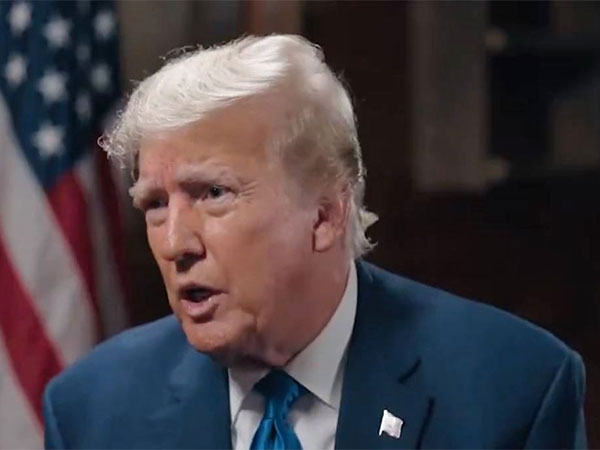Diminishing Diplomatic Influence: U.S. Faces Challenges in Africa
The U.S. is experiencing a decline in its diplomatic influence in Africa, needing to address missing insights on a continent increasingly allied with China and Russia. A shortage of resources and staff under the Biden administration has affected efforts, risking America's strategic objectives.

The United States is grappling with a dwindling diplomatic influence in Africa, as President-elect Donald Trump's administration prepares to tackle gaps in understanding this rapidly evolving continent. China and Russia's growing ties and the jihadist insurgency threats further complicate the geopolitical landscape.
Officials, past and present, have cited a lack of resources and staff during President Joe Biden's tenure as undermining efforts to achieve Washington's objectives. Diplomatic setbacks have been significant, with the loss of strategic assets, such as the primary spy base in Niger, highlighting the challenges faced.
The U.S. State Department acknowledges staffing issues but states they are taking measures to encourage service in challenging posts. However, many diplomatic positions remain under-resourced, impeding the nation's ability to maintain its influence and compete with global powers like China. As the Trump administration reconsiders its approach, experts suggest a more pragmatic and transactional policy might offer tangible results.
(With inputs from agencies.)
ALSO READ
A Transatlantic Dialogue: Olaf Scholz and Donald Trump
Trump asks Rep. Mike Waltz to be his national security adviser, putting China hawk in top foreign policy spot: AP source.
Kaja Kallas Calls for Caution on Trump's Foreign Policy
Judge delays ruling on whether to dismiss President-elect Donald Trump's criminal conviction, reports AP.
Trump's Strategic Appointments Signal US Foreign Policy Shift










